We’re still shipping strong – secure, discreet delivery + free shipping over $150!
What research says about psilocybin for anxiety treatment in Canada.
Why microdosing can help regulate stress responses.
How to start using psilocybin safely and intentionally.
What products I trust when anxiety spikes.
Why Good Friday Wellness is my go-to for personal wellness.
Before I started exploring psilocybin therapy, I thought anxiety lived only in the mind. But over time, I learned it’s a whole-body experience: shallow breathing, tight chest, racing thoughts, restless nights. For years, I looked for ways to treat mental health disorders without numbing myself into silence.
I wanted a companion in my mental wellness journey—something that could work with my system, not override it. That’s how I found magic mushrooms, and why they’ve become a trusted ally for me.



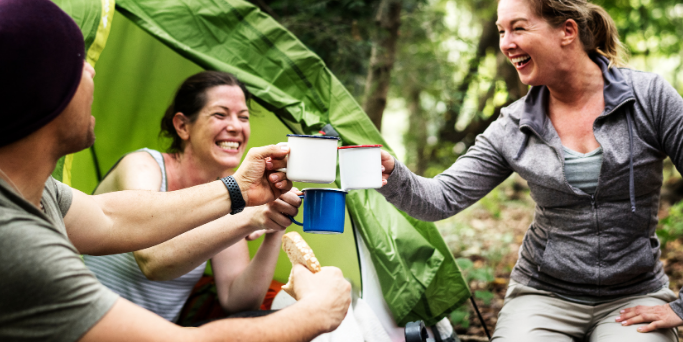
The good news? Health Canada is beginning to support clinical trials on psilocybin mushrooms for anxiety and other mental health disorders. Institutions from UBC to MAPS are investing in clinical research that explores how psychedelic therapy—especially psilocybin assisted therapy—can help treat patients with treatment resistant depression, post traumatic stress disorder, and other mental health challenges.
What stood out to me in the systematic review of these trials was how often sustained symptom reduction showed up after consistent, intentional microdosing or guided sessions. Some randomized controlled trials even noted sustained decreases in anxiety months after psilocybin treatment.
That’s why I lean on products like Good Friday’s Brain Boost Capsules—a careful blend of psilocybin containing mushrooms, lion’s mane, and ginger.
When anxiety peaks, my approach is grounded and simple:
A warm cup of tea.
One Daily Ritual Capsule.
A short walk or breathwork session.
Within half an hour, my breathing slows. My thoughts space out. I’m not “high”—I’m present. The clinical benefits for me are about subtlety: an easing of the body, a loosening of the mind’s grip.
On quieter stress days, I might opt for Elevate Capsules, which give me emotional clarity without the overstimulation. This is where assisted therapy and psychedelic assisted therapy research resonates—sometimes the most powerful change is a gentle shift.
If you’re curious about anxiety psilocybin therapy, start with safety concerns in mind:
Begin on a day without high-pressure tasks.
Journal before and after your dose.
Avoid mixing with alcohol or strong stimulants.
Source only from trusted providers who offer medical assistance if needed.
In Canada, legal psilocybin therapy is accessible in rare cases through the special access program, allowing healthcare providers to request legal access for therapeutic purposes in life threatening illnesses or advanced stage cancer cases. Outside of that, many rely on self-sourced psilocybin services, which is why vetting your brand is so critical.
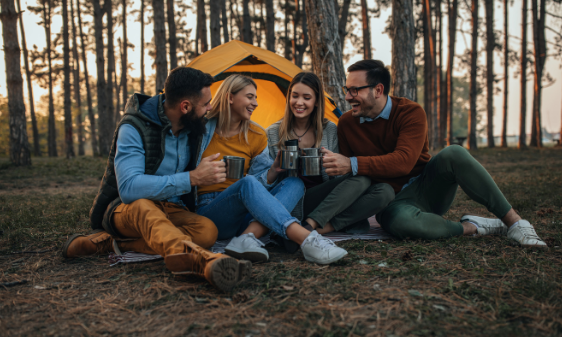



While my own use is centered on anxiety, psychedelic medicine research is exploring much more. Studies point to psilocybin assisted psychotherapy as supportive for obsessive compulsive disorder, depressive symptoms, substance use issues, and existential interventions for people facing life threatening cancer or natural death.
These psychedelic interventions often happen in a supportive environment with trained psychedelic therapists guiding the process. That structure is key—psilocybin produces substantial shifts, and without guidance, they can be overwhelming.
I follow a microdosing rhythm that supports my work and relationships:
Monday: Brain Boost Capsule (microdose)
Wednesday: Daily Ritual Capsule (microdose)
Friday: Optional Elevate Capsule (reset)
This cycle reflects what findings highlight in research—microdosing 2–3 times a week appears to offer potential benefits while avoiding tolerance buildup.
Capsules are step one. The reflection afterward is what solidifies the gains. For me, this looks like journaling with prompts such as, “What am I avoiding?” or “What felt lighter today?”
Even without formal therapy sessions, this personal integration mimics the follow-up practices used in psychedelic assisted psychotherapy.


I’ve seen controlled substances handled poorly—vague blends, flashy marketing, no data. Good Friday Wellness feels different: grounded, tested, transparent. They skip the wellness theatre and focus on what matters—purity, sourcing, and intention.
They’re not promising conventional therapies in a capsule. They’re offering a well-made, carefully considered supplement that supports mental health treatment goals.
If you’re considering psilocybin for anxiety treatment in Canada, know this:
The legal status is evolving.
The approval process for psilocybin therapy is strict.
Work with healthcare professionals where possible.
Always source ethically to protect your physical well being and the integrity of the experience.
Your anxiety journey is personal. Choose treatment options that fit your values, your needs, and your willingness to explore new tools. For me, psychedelic drugs like psilocybin aren’t magic fixes—they’re companions.
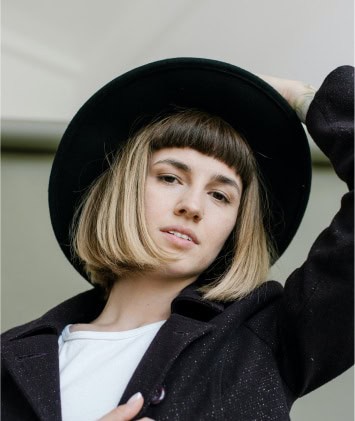
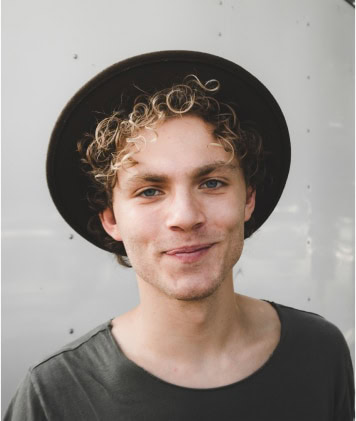
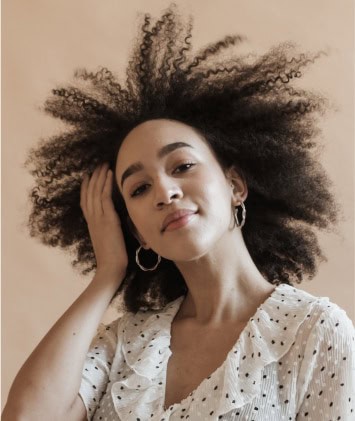
Embracing Wellness as the Standard.
Can we email you our quick start guide and a discount on your first order?
Wellness Reimagined, Life Redefined.
We are excited to support your major wellness shifts with modest doses.
By submiting you agree to our privacy policy. Your information is safe with us and you can unsubscribe at any time.
Harmonize Your Health, Naturally.
Almost done! We’ve just sent you an email to confirm your address.